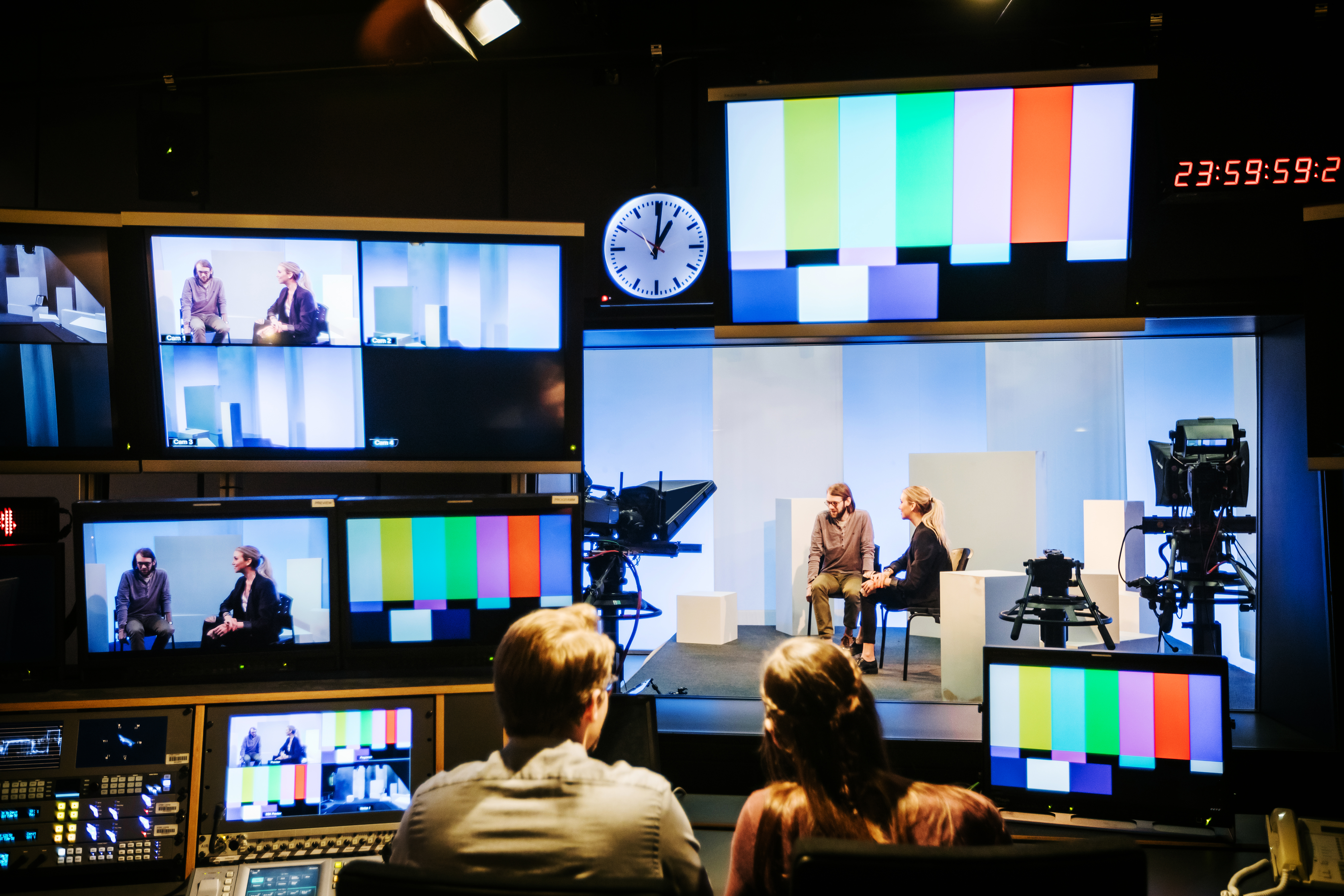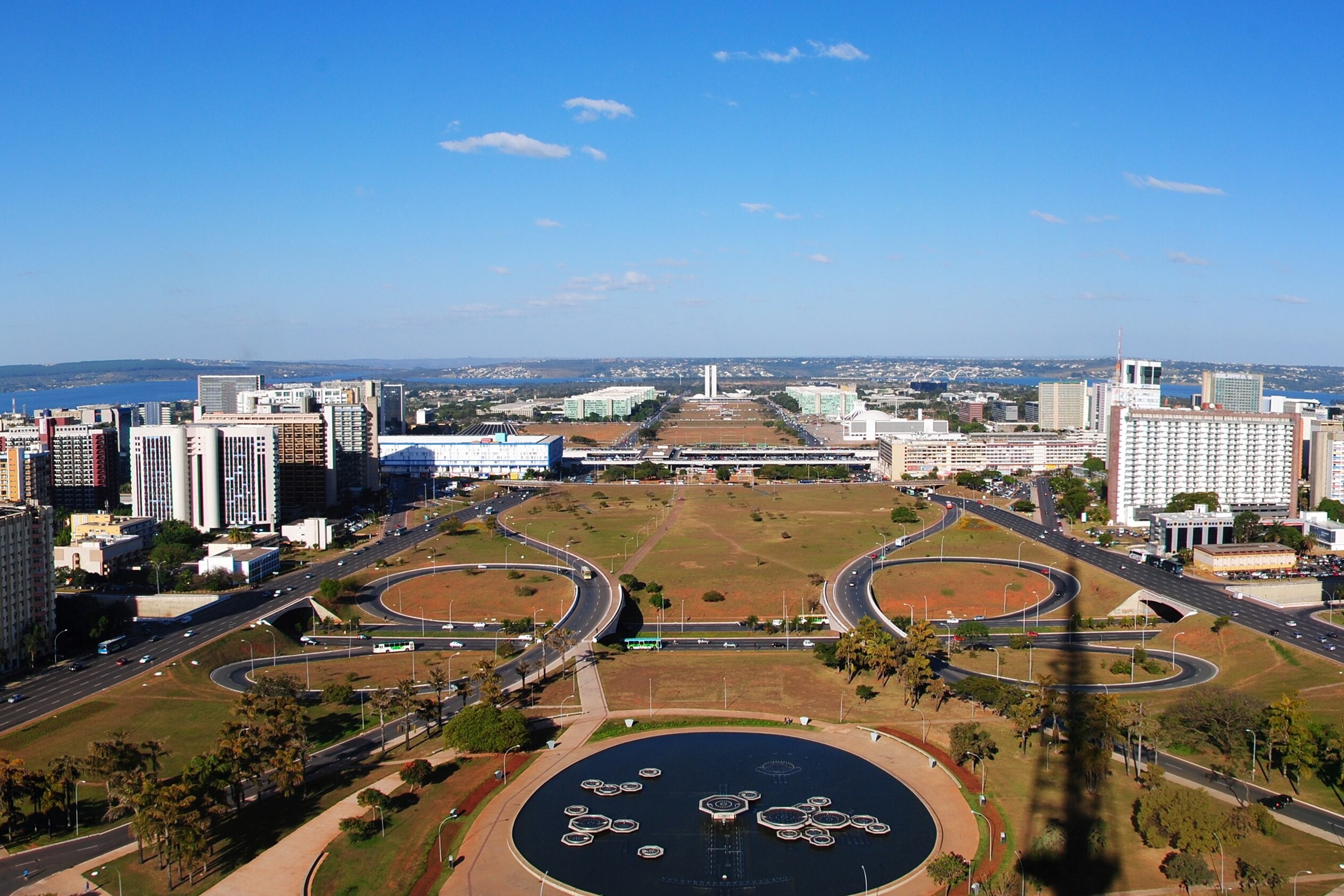Reports of heightened censorship and persecution persist at Empresa Brasil de Comunicação (EBC), as the Brazilian broadcaster faces an “accelerated” privatisation.
EBC’s privatisation process has reportedly “accelerated”, with a consultancy firm hired to assess the broadcaster and determine whether the sale of assets or privatisation would be the best model for its future, according to a recent interview with Minister of Communications, Fábio Faria. Furthermore, Martha Seillier, Special Secretary of the Partnership and Investment Program (PPI), said on 28 June that the government plans to have EBC’s privatisation notice analysed by the Federal Court of Accounts until the end of 2022.
These latest developments have been criticised by advocacy organisations Frente em defesa da EBC e da Comunicação Pública (Front in Defense of EBC and Public Broadcasting) and Fica EBC, who maintain that EBC must remain public, independent, and uncensored. Opposition deputies have also been critical of the planned privatisation.
Read more: Brazil: Privatisation of public media looms
Meanwhile, censorship – a regular fixture at the public media organisation since its dismantling first began in 2016 – has worsened, with journalists at the broadcaster speaking out against censorship by Jair Bolsonaro’s government and calling for editorial independence.
Last week, the National Federation of Journalists (FENAJ) and the Union of Professional Journalists of the DF (SJPDF) denounced the “moral harassment and persecution” of two Rádio Nacional journalists. According to FENAJ, Víctor Ribeiro was threatened with an investigation for his refusal to record a censored report on COVID-19. Meanwhile, Gésio Passos was removed from his sector without notice, building upon persecution he faced in 2020 when he was withdrawn from covering the Ministry of Health after he questioned the experience of military forces in the fight against the pandemic.
“The moral harassment that [Passos] has been suffering and anti-union practices are recurrent within the EBC, including on Rádio Nacional,” FENAJ said.
Rádio Nacional is one of several organisations under the remit of EBC facing increased censorship, with journalists reporting that there are “taboo” topics within EBC, such as coverage of indigenous issues. The attacks on Ribeiro and Passos come at a time when EBC is facing increased political interference as well as privatisation.
Even EBC’s Ombudsman – a role that is meant to be staunchly independent – has not been insulated from interference. Most recently, EBC’s Board of Directors ordered that any critical analysis of EBC’s content would no longer be published in the Ombudsman’s bi-monthly reports. Instead, such analyses would only be featured in the annual management report. Folha de S. Paulo reports that this decision was taken after critical reviews of EBC’s coverage of both the Joe Biden inauguration and the collapse of the Manaus health system, which were published in the January-February Ombudsman report.
Recently, news emerged that a new programme featuring only positive news was being planned for broadcast on EBC’s TV Brasil. Poder360 reports that the programme is being negotiated by the Minister of Communications. However, in defending the move, EBC said it has autonomy in its decisions, with no involvement from the Minister of Communications in programming. Minister of Communications, Fábio Faria, also said that the EBC has “complete autonomy in its programming”.
“It is appropriate to say that no member of the federal government has requested the creation of material and/or program. In addition, any and all new programs are approved by the Programming and Network Committee (CPR),” EBC said.
Header Image: Brasilia TV Tower at sunset – Brasilia, Distrito Federal, Brazil. Credit: diegograndi/istock
Related Posts
11th June 2021
PSM regulation: How public media can keep themselves in check
Internal regulatory mechanisms can be…
20th January 2021
‘Citizens’ ombudsman’ pushes back against the ruin of Brazilian public media
PMA welcomes the creation of Ouvidoria…

